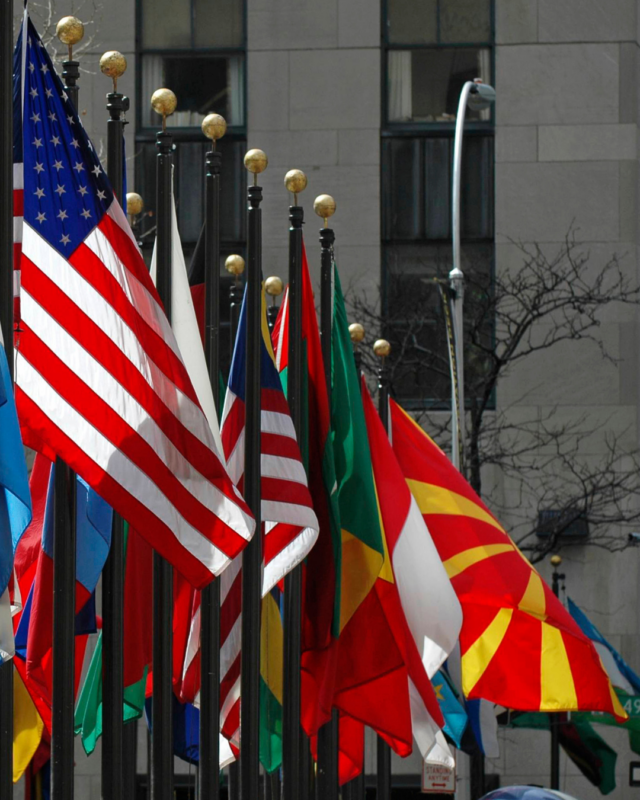I am currently at the WHO headquarters in Geneva (with morning and afternoon temperatures below 5°C, and even below freezing at night), actively participating in the 7th meeting of the Working Group on International Health Regulations (WGIHR-7).
This meeting follows the devastating global experience of COVID-19, which exposed the world’s lack of preparedness for a pandemic and highlighted the need for tangible improvements in the future. We know that future pandemics are inevitable, though we are uncertain about when and what diseases will trigger them.
In the midst of the COVID-19 pandemic, the World Health Assembly, on December 1, 2021, agreed to launch a historic global accord aimed at tackling pandemics in terms of prevention, preparation, and global response. To achieve this, the Intergovernmental Negotiating Body (INB) was formed to draft and negotiate a convention, agreement, or other international instruments on the matter. All WHO member states, including Indonesia, are part of this process.
From 2021 to 2024, the INB has held seven meetings and continues to negotiate proposals that can be universally agreed upon. In parallel with the INB’s progress, countries have also agreed to amend the International Health Regulations (2005), a global treaty signed by all nations to address cross-border disease transmission. To address this, the Working Group on Amendments to the International Health Regulations (2005) (WGIHR) was established, and the seventh meeting took place from February 5 to 9, 2024, which I attended. The meeting included almost all WHO member countries, totaling nearly 200 nations. The discussions and negotiations were intense, with every article—and sometimes even every sentence—being debated.
I’ve previously participated in similar negotiations for nearly four years, from 2007 to 2011. International health diplomacy meetings like these are always marathon sessions, running from 9:00 AM to 5:30 PM daily, sometimes continuing into the evening. Apart from formal discussions in the meeting rooms, much informal lobbying also takes place, with delegations needing to communicate with their governments and representatives, such as the Permanent Representative of Indonesia (PTRI) in Geneva.
There are three key elements in global health governance that guide discussions and negotiations at the WHO: 1) leadership, 2) inclusivity, and 3) accountability. Additionally, I always emphasize three fundamental principles in international diplomacy at the WHO: a) honesty, b) equality, and c) transparency.
To strengthen global health resilience in addressing cross-border health issues, there are five principles to follow:
- International cooperation coordination
- Multilateralism
- Global solidarity
- Governance at the highest political levels and across all relevant sectors
- The goal of global health diplomacy should address inequities and ensure sustainable, affordable, effective, efficient, and accessible health services when needed.
Event Overview and Description
Date: February 5-9, 2024
Location: WHO Headquarters, Geneva
Host Unit: World Health Organization (WHO)
Participants: WHO member states, including Indonesia
Type of Event: International Health Regulations (IHR) Negotiation, Global Health Diplomacy
Key Topics: Global health governance, International Health Regulations (IHR), pandemic prevention, preparation, response, and cross-border disease transmission
Participants: Nearly 200 WHO member countries, health diplomats, negotiators, and experts


